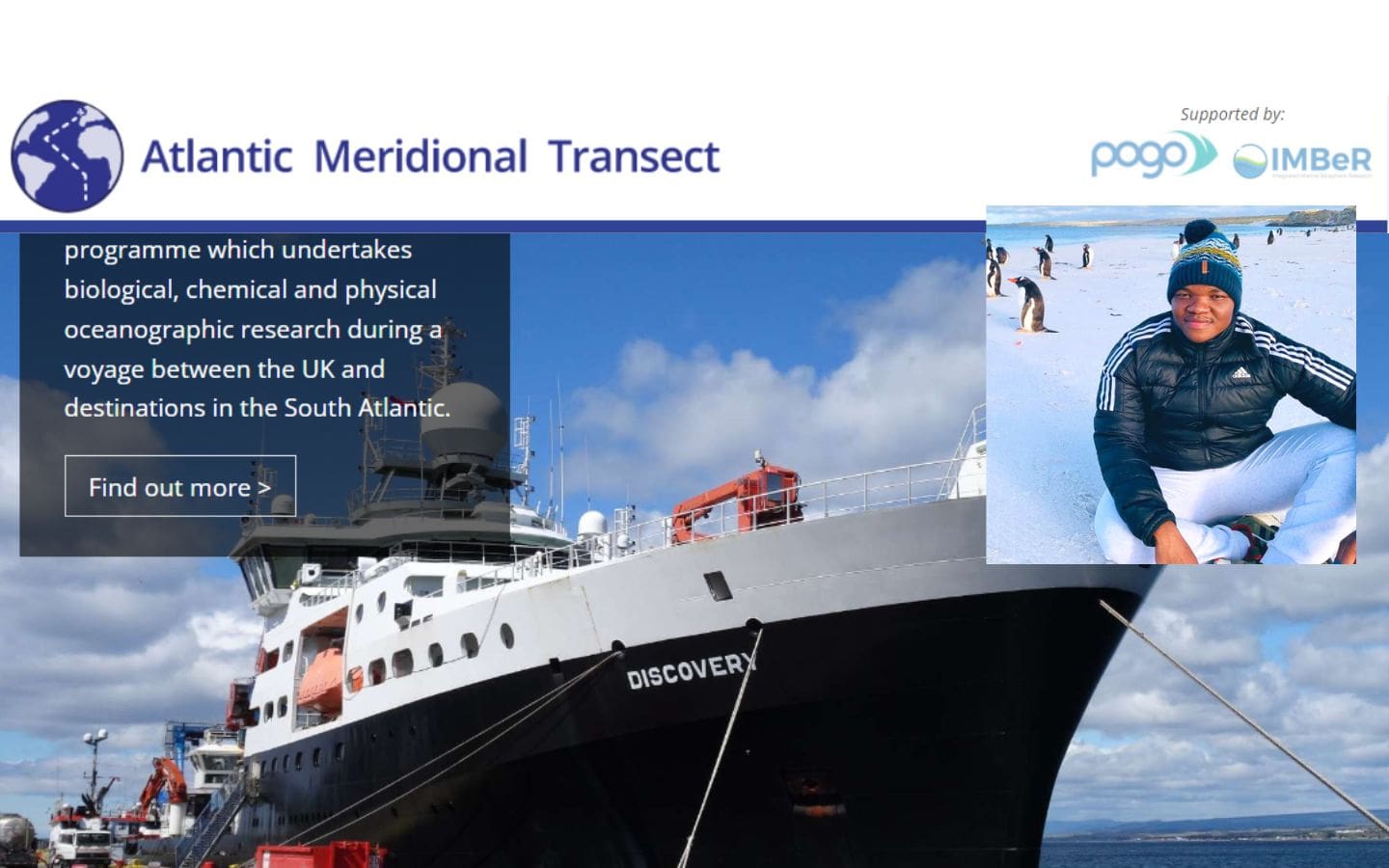
by Ria Olivier | Aug 12, 2025 | Announcement, Ecology, Environment, Invasion Biology, Jobs, Marion Island, Mice Eradication, Microbiology, Research
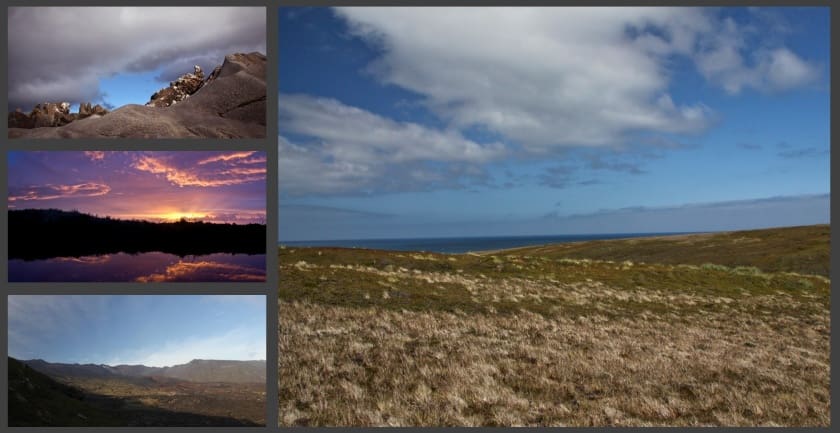 Postdoctoral Fellowship: Understanding Mouse Impacts on Sub-Antarctic Marion Island at Department of Plant and Soil Sciences, University of Pretoria. (image: Otto Whitehead)
Postdoctoral Fellowship: Understanding Mouse Impacts on Sub-Antarctic Marion Island at Department of Plant and Soil Sciences, University of Pretoria. (image: Otto Whitehead)
An exciting postdoctoral fellowship is offered on our South African National Antarctic Programme project “Towards a comprehensive understanding of impacts of the invasive house mouse on the terrestrial biodiversity of Marion Island”. Sub-Antarctic Marion Island is one of the most isolated landmasses globally. The house mouse invaded the island in the early 1800s, and its impacts are manifold, and intensifying under climate change. This project aims to fill gaps in understanding mouse impacts on the island, with the purpose of informing the planned mouse eradication. This position will provide exciting opportunities to work on excellent long-term and/or spatially well-sampled datasets and inform island management.
Full Details and Advertisement
Additionally, opportunities to collaborate locally and internationally exist within this project. We are looking for a candidate with expertise in one or several of the following, or related fields: community ecology, isotope ecology, entomology, botany, trait ecology; or with an ability to learn the necessary skills. Their primary responsibility will be conducting and leading research into one or several of these themes. Opportunities for student supervision and teaching also exist.
Closing Date : 29 August 2025

by Ria Olivier | Aug 11, 2025 | International Days, Marine Protected Area, Microbiology, Research, SANAP, Science, Southern Ocean
 Every year on 11 August, World Krill Day draws global attention to the small but mighty Antarctic krill (Euphausia superba)—a cornerstone of the Southern Ocean ecosystem. For decades, the South African National Antarctic Programme (SANAP) has played a role in advancing krill research, from early expeditions that mapped their distribution and seasonal abundance, to long-term monitoring of how environmental change impacts their population dynamics. Historical studies conducted on board research vessels such as the SA Agulhas have built a foundation of knowledge on krill biology, diet, and role in supporting predators like penguins, seals, and whales. These efforts have helped inform sustainable fishing guidelines and contributed to international collaborations through the Commission for the Conservation of Antarctic Marine Living Resources (CCAMLR).
Every year on 11 August, World Krill Day draws global attention to the small but mighty Antarctic krill (Euphausia superba)—a cornerstone of the Southern Ocean ecosystem. For decades, the South African National Antarctic Programme (SANAP) has played a role in advancing krill research, from early expeditions that mapped their distribution and seasonal abundance, to long-term monitoring of how environmental change impacts their population dynamics. Historical studies conducted on board research vessels such as the SA Agulhas have built a foundation of knowledge on krill biology, diet, and role in supporting predators like penguins, seals, and whales. These efforts have helped inform sustainable fishing guidelines and contributed to international collaborations through the Commission for the Conservation of Antarctic Marine Living Resources (CCAMLR).
Today, SANAP’s scientists continue to track krill populations using modern acoustic survey techniques, satellite-linked oceanographic data, and advanced modelling to understand how sea ice shifts and warming waters may affect their future. Current projects explore krill’s role in the carbon cycle and their resilience to environmental stress, while future research aims to integrate genetic studies to assess population connectivity across the Southern Ocean. By combining historical data with cutting-edge science, SANAP is helping to safeguard this keystone species—and, in turn, the health of the entire Antarctic ecosystem.
 On this World Krill Day, we celebrate not just the species itself, but the decades of South African research dedicated to understanding and protecting it.
On this World Krill Day, we celebrate not just the species itself, but the decades of South African research dedicated to understanding and protecting it.
Documents and references available on ALSA Repository

by Ria Olivier | Feb 24, 2023 | Announcement, Biogeochemistry, Environment, Microbiology, News, Research, SANAP, Science
Mayibongwe Buthelezi, a PhD student from University of Pretoria, is currently participating in the 30th Atlantic Meridional Transect cruise (AMT-30).

The AMT (Atlantic Meridional Transect) cruises are a series of research voyages conducted annually across the Atlantic Ocean, from the UK to the Caribbean, to study the ocean’s biogeochemistry, ecology, and physical properties. The cruises are multidisciplinary and include scientists from around the world. As part of the cruise, samples are collected at multiple depths and locations along the transect (read more about AMT here and here).

SANAP Project Involved: Enhanced insights regarding the ecology, evolution and function of marine microbiomes
Project Principal Investigator: Prof Thulani P. Makhalanyane
The South African Research Chairs Initiative (SARChI) Chair in Marine Microbiomics has a SANAP funded project focused on understanding microbiomes in the Southern Ocean and South Atlantic. The project titled “Enhanced insights regarding the ecology, evolution and function of marine microbiomes.” As part of this project, we have initiated a series of collaborative activities to access and join international cruises through the EU funded AtlantECO program.
Mayibongwe Butlelezi, a NRF/SANAP funded PhD student from the University of Pretoria, was selected to join this 6-week cruise aboard the Discovery. AMT30 has departed from the Falkland Islands on 21 February 2023. As far as we know, Mayi is the sole South African representee on the cruise. His project is focused on understanding the role played by marine microorganisms in the sulphur cycle. Specifically, Mayi will collect samples using protocols developed as part of the AtlantECO project to study microbiomes along the water column and to specifically quantify DMSP (Dimethylsulfoniopropionate).
Follow the work of Prof Makhalanyane and his team on Twitter:
 @microbiomeUP
@microbiomeUP
What’s happening on social media:
Text: Prof Thulani P. Makhalanyane, Department of Biochemistry, Genetics and Microbiology, University of Pretoria.
Images: amt-uk.org, @Thuls_M and @microbiomeUP
Edited: Anche Louw, South African Polar Research Infrastructure (Data, Products & Society Node), 24 February 2023.
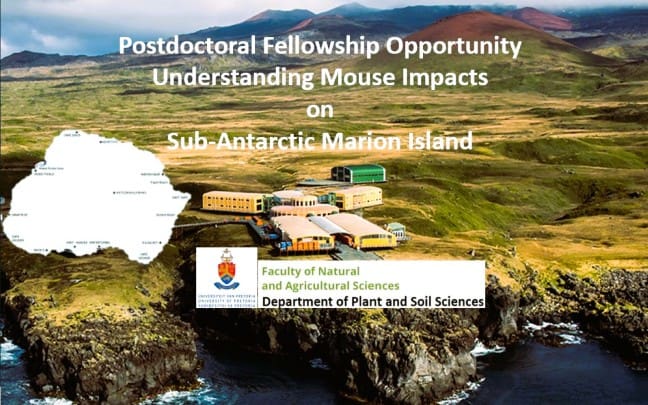
 Postdoctoral Fellowship: Understanding Mouse Impacts on Sub-Antarctic Marion Island at Department of Plant and Soil Sciences, University of Pretoria. (image: Otto Whitehead)
Postdoctoral Fellowship: Understanding Mouse Impacts on Sub-Antarctic Marion Island at Department of Plant and Soil Sciences, University of Pretoria. (image: Otto Whitehead)
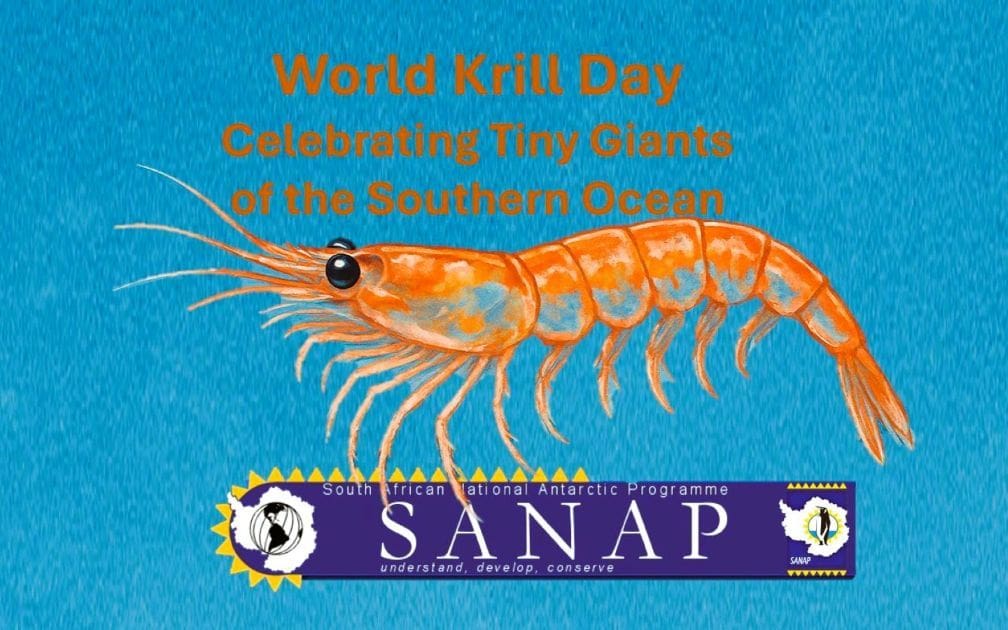
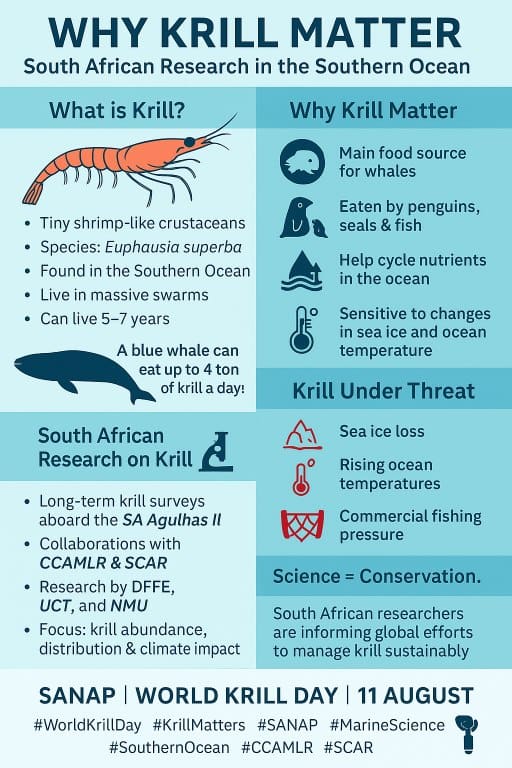 Every year on 11 August,
Every year on 11 August, 
